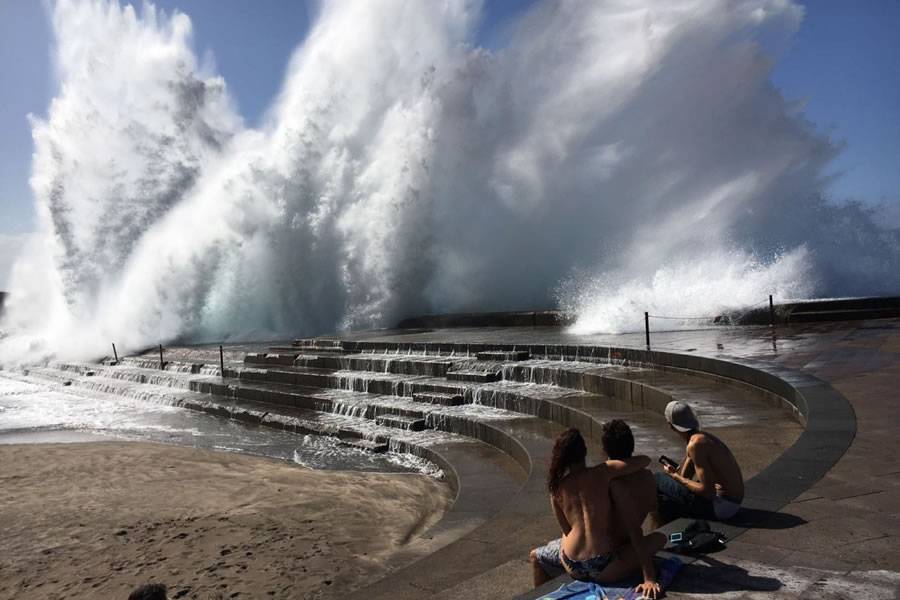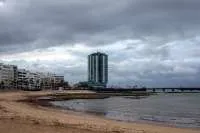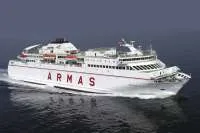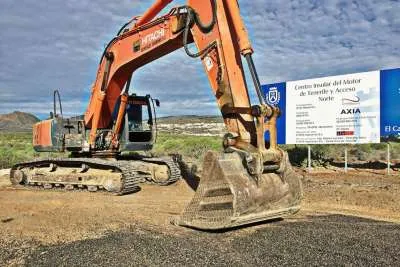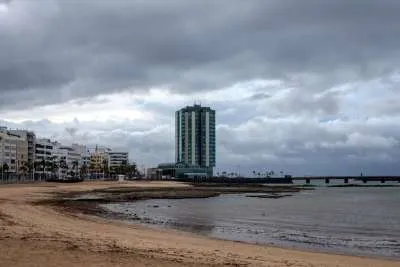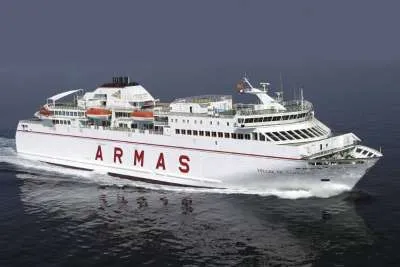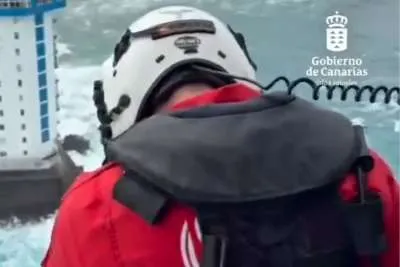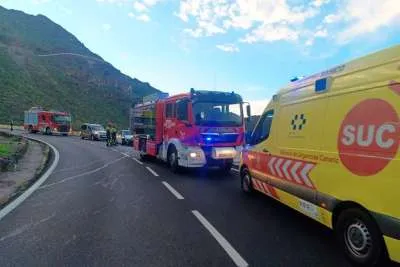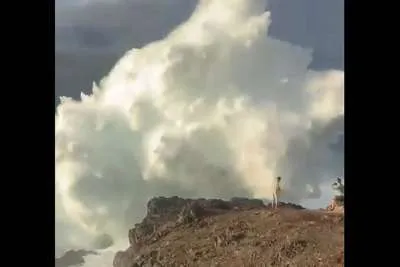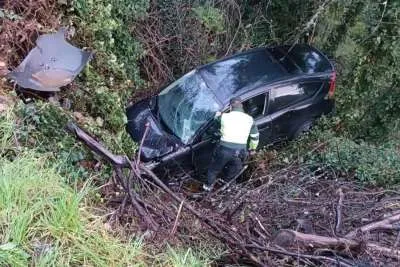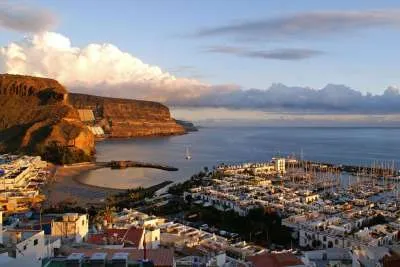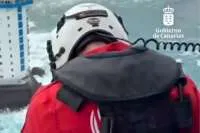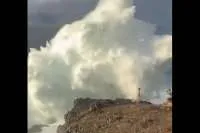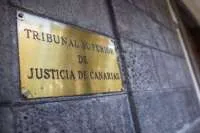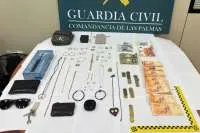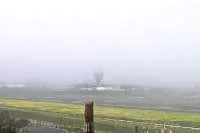AEMET activates a yellow weather warning for Tenerife and Gran Canaria
- 13-04-2022
- National
- Paul Montague, Blevins Franks
The State Meteorological Agency (AEMET) have activated a yellow weather warning for adverse sea conditions and strong waves that will affect the east, south and west of Tenerife, and the east, south and west of Gran Canaria from tomorrow (Thursday) at midday until midnight on Friday, however, these alerts are often extended.
This type of weather warning for dangerous seas with deep swells, big waves and high winds are called ‘costeros’, and just a month ago, six people died in the sea in the Canary Islands by not taking full notice of the warnings in place at the time.
When they issue these alerts, it is considered a ‘risk to life’ to go near the coast or in the water during them, and with an official alert in place, anyone rescued from the sea alive is charged for the use of the emergency services.
EMERGENCY SERVICES CHARGES AND CONDITIONS:
The emergency services are free in the Canary Islands by calling 112 just as they are in the UK when calling 999, however, in 2012, the Canarian Government passed a law that introduced a charge for emergency rescues for those undertaking “risky activities” or in other certain situations.
The law allows for charges up to a maximum of 6,000 euros when rescues are required because of recreational or sporting activities that involve risk or danger. Charges towards costs for emergency assistance can be made when the participant:
- was undertaking an activity defined by the law as risky (see list below).
- failed to obey official warning instructions or bans.
- failed to observe warning signs.
- was undertaking a banned activity.
- was undertaking an activity without the required authorization.
- was undertaking an activity without equipping themselves appropriately.
The ‘Ley de Tasas’ sets charges in terms of the number of people needing to be rescued. This means that a rescue involving up to 4 victims will have a ceiling of €6,000, but in very rare cases where larger groups are involved, the ceiling will be set at €8,000 for 5-8 needing rescue, €10,000 for 9-16 people, and €12,000 for 16+.
The law also allows that the charges can be levied against the estate of anyone who dies during their rescue, a measure that the regional Government insists complies with the provisions of national fiscal legislation.
List of water activities classified by the law as risky:
Scuba diving.
Windsurfing.
Water-skiing.
Wakeboarding.
Surfing.
Jet skis.
Bodyboarding.
Kayaking.
Canoeing.
(There are land activities as well, but these are the sea-related ones as that is what the warning is for).
Other articles that may interest you...
Trending
Most Read Articles
Featured Videos
TributoFest: Michael Buble promo 14.02.2026
- 30-01-2026
TEAs 2025 Highlights
- 17-11-2025


